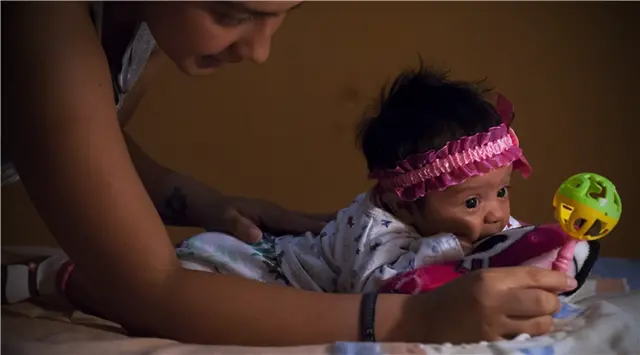The Marshall Islands has officially declared a state of health emergency, pushing the pacific island country's disease response into high gear following the confirmed diagnosis of Zika in a 25-year-old in the early stages of pregnancy.
The Asia-Pacific has been on high alert for the mosquito-borne virus, currently found in epidemic proportions in the Americas, following the declaration of a global emergency by the World Health Organization (WHO) in February. 52 countries worldwide have reported local transmission of the Zika virus.
The Pacific Public Health Surveillance Network (PPHSN) epidemic and emerging disease alert map, released Tuesday local time, indicates the cases of Zika virus in Tonga, New Caledonia, Samoa and the Marshall Islands are all increasing.
The confirmed case was a 25-year-old woman in the capital Majuro who is in the early stages of pregnancy. Zika has been linked to congenital malformations in unborn children.
Australian authorities remain on high alert following a string of confirmed cases of Zika virus to have entered the nation via travellers returning from the Pacific islands.
Queensland health authorities have undertaken significant mosquito control programs after the Zika transmitting mosquitoes were found in the vicinity of patients confirmed to have contracted the virus.
The Marshall Islands' disaster committee will mobilise human and financial resources to effectively quarantine persons and sanitise areas where Zika has been detected, the authorities said.
Though the WHO has declared the Zika virus to be a global epidemic, vaccine manufacturers have said a vaccine for wide-scale public use is months, if not years away.
The closest prospect is a consortium that could have a vaccine ready for emergency use by year's end, with the first stage of human testing potentially beginning as early as August, according to its lead developer, Canadian scientist Gary Kobinger.
Current efforts to combat Zika are focused on protecting people from being bitten and on eradicating mosquitoes, a tough task for many parts of the poverty stricken Pacific islands that have been saving water from the El Nino enforced drought, inadvertently providing a breeding ground for the disease spreading insect.
 简体中文
简体中文

